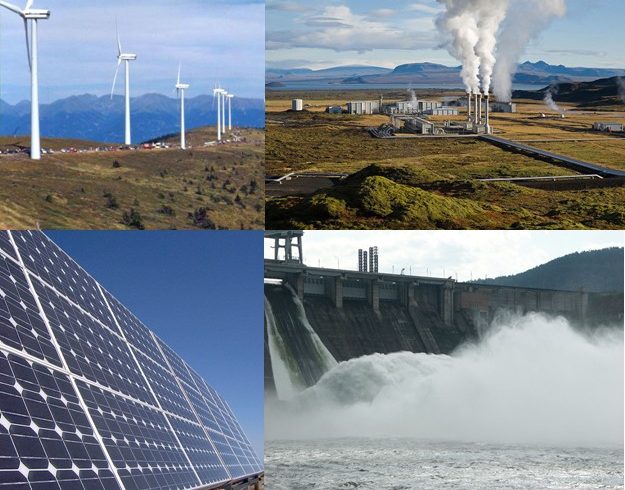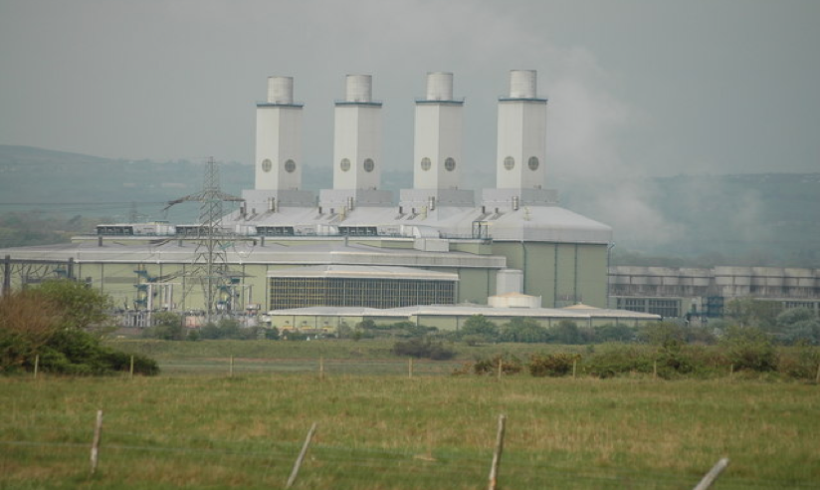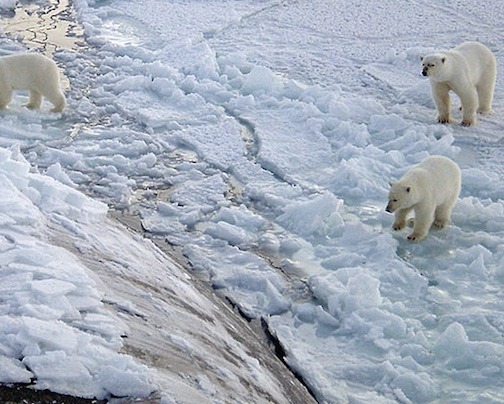Maryland’s Renewable Energy Portfolio Standard (RPS) serves two purposes: to promote the growth of a renewable energy industry, and to increase the production of renewable energy resources in the state.
The Renewable Portfolio Standards are often touted as a policy that has generated both economic benefits and jobs in the state. But the data presented here shows that these claims may not hold up.





